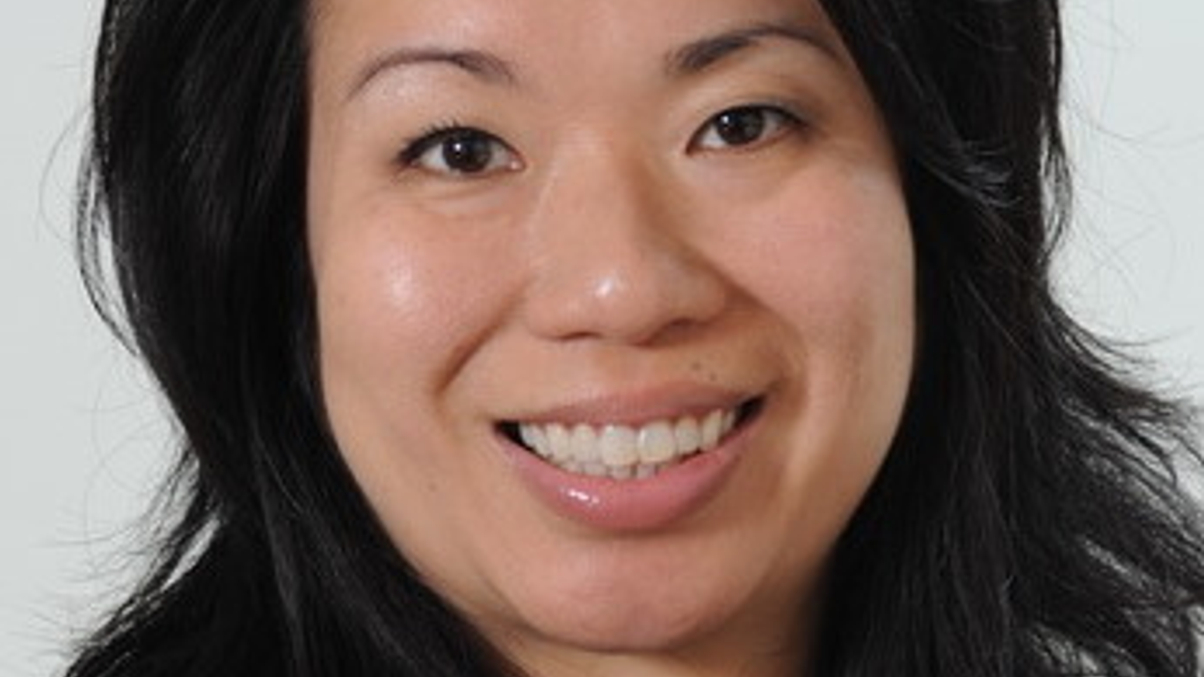RQFII ETFs no threat, says iShares chief
BlackRock’s exchange-traded funds arm is putting a new sales-support function in place, but has no plans to launch an RQFII ETF investing in A-shares.

iShares’ new Asia-Pacific head is confident its FTSE A50 China Index exchange-traded fund will retain its popularity in the face of newly launched A-share ETFs under the RQFII scheme.
Sign in to read on!
Registered users get 2 free articles in 30 days.
Subscribers have full unlimited access to AsianInvestor
Not signed up? New users get 2 free articles per month, plus a 7-day unlimited free trial.
¬ Haymarket Media Limited. All rights reserved.


